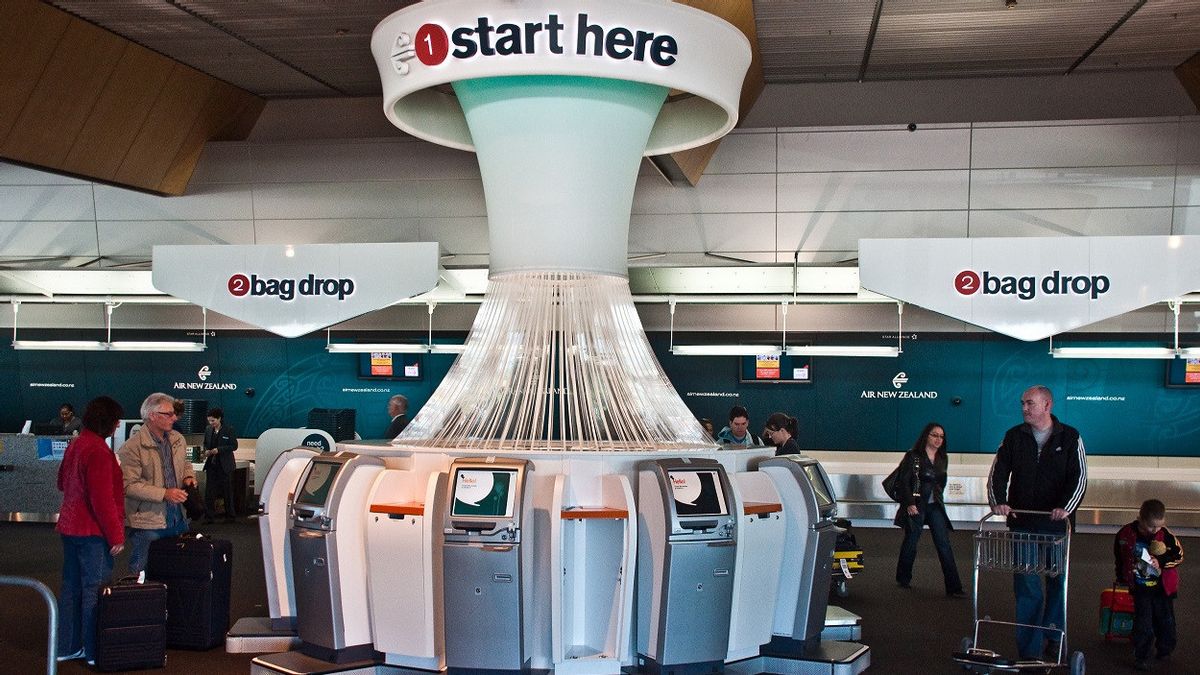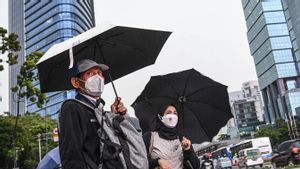JAKARTA - New Zealand will close its borders to most international travelers over the next five months, the government said on Wednesday, outlining the easing of border restrictions it has been in place since COVID-19 hit in March 2020.
Along with its geographic isolation, the South Pacific nation has imposed some of the strictest pandemic restrictions of any OECD nation, limiting the spread of COVID-19 and helping its economy bounce back faster than many of its peers.
However, the outbreak of the highly contagious Delta variant earlier this year has forced a change in strategy, with the main city of Auckland now opening in stages as COVID-19 vaccination increases.
Fully vaccinated international travelers will be allowed into the country from April 30, 2022 onwards, with gradual reopenings over time, COVID-19 Response Minister Chris Hipkins told a news conference.
Meanwhile, fully vaccinated New Zealanders and holders of residence visas in neighboring Australia can travel to New Zealand from January 16. And vaccinated New Zealanders and holders of residence visas mostly from other countries will be allowed entry from February 13.
"A phased approach to reconnecting with the world is the safest approach to ensure risk is managed carefully," Hipkins said, cited from Reuters, November 24.
SEE ALSO:
"This reduces the potential impact on vulnerable communities and New Zealand's health system."
Travelers are no longer required to stay in state quarantine facilities, he said, but other measures will be put in place including a negative pre-departure test, evidence of having received a full dose of the COVID-19 vaccine, and a negative COVID-19 test result on arrival.
The English, Chinese, Japanese, Arabic, and French versions are automatically generated by the AI. So there may still be inaccuracies in translating, please always see Indonesian as our main language. (system supported by DigitalSiber.id)


















